May 3, 2024 | 21:39 GMT +7
May 3, 2024 | 21:39 GMT +7
Hotline: 0913.378.918
May 3, 2024 | 21:39 GMT +7
Hotline: 0913.378.918
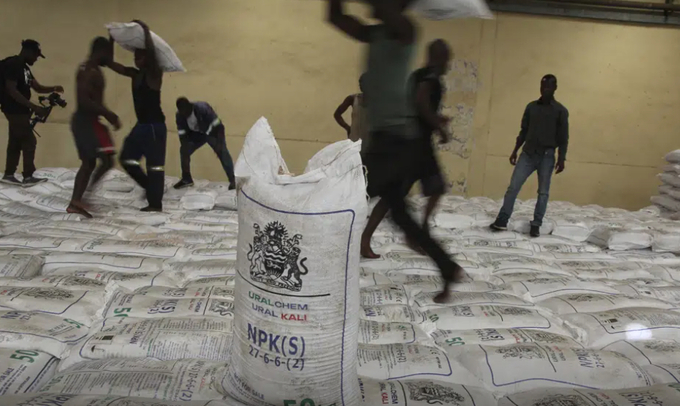
People collect bags of fertilizer in Lilongwe, Malawi, Monday March 6, 2023. The Russian government has donated 20,000 tons of fertilizer to Malawi as part of its efforts to garner diplomatic support from various African nations. Photo: AP
Russia will give 260,000 tons of fertilizer to countries in the continent, Russian Ambassador to Malawi Nikolai Krasilnikov said at a handover ceremony Monday at the capital, Lilongwe.
He said he hopes African leaders will press for the abolition of international sanctions against Russia when they attend the second Russia-Africa summit to be held in St. Petersburg at the end of July.
The Russian manufacturer Uralchem-Ukalkali had produced the fertilizer and made the gift to Malawi, said Dmitry Shornikov, head of the firm’s southern Africa branch, who also attended the handover.
The fertilizer should help Malawi achieve its goals of substantially boosting its agricultural production and helping families grow more healthy and nutritious food, said Shornikov.
Malawi’s minister of Agriculture Kawale said the fertilizer will reach 400,000 farming households and boost their agricultural production.
Also attending the event was a representative of the United Nations’ World Food Program.
Malawi voted to censure Russia at the United Nations last year for its invasion of Ukraine. More than 15 other African countries abstained from the vote.
Brazil's fertilizer lobby pledges $4 billion outlay to cut import dependence
Global fertilizer makers said they would invest a combined 21 billion reais ($4 billion) in Brazil over four years to boost output capacity in one of the world's largest producers and exporters of staples like soy and corn.
In a statement on Thursday, industry lobby Sinprifert, which represents firms like Mosaic, Yara and EuroChem, said boosting production capacity and bringing idle fertilizer plants online would reduce Brazil's dependence on imports.
"The war between Russia and Ukraine highlighted the fragility and unpredictability of our domestic supply," Bernardo Silva, executive director of Sinprifert, said in the statement. "Brazil has done its homework ... and companies are investing and betting on the re-industrialization of the sector."
The investment pledge followed on the heels of a plan announced by the Brazilian government last year to reduce the country's reliance on imports for nutrients like potash. That move rekindled foreign interest in some projects and attracted new ones.
In 2015, the industry began to go through consolidation and 70% of the fertilizers used in Brazil were imported, Sinprifert said. That rose to 90% in 2021, it added.
Last year, local farmers fretted about potential supply shortages as exporters Russia and Belarus faced Western sanctions, while China, another key producer of fertilizers, was restricting exports, Sinprifert noted.
Conditions are favorable for the Brazilian industry's expansion, the lobby group said. But it called on the government to ensure "institutional stability" and support to help firms be competitive on a global stage.
(AP; Reuters)
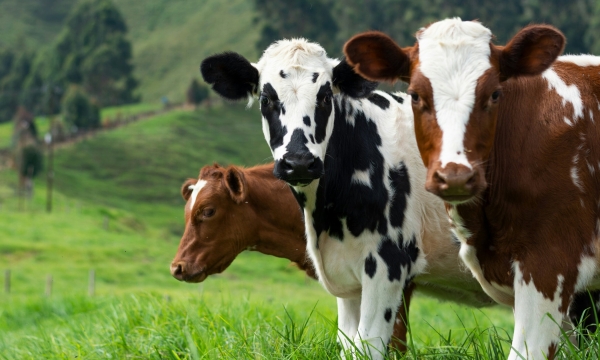
(VAN) Representatives with multiple agencies including the CDC, the United States Department of Agriculture and the Food and Drug Administration on May 1 discussed the latest news about bird flu in the U.S.
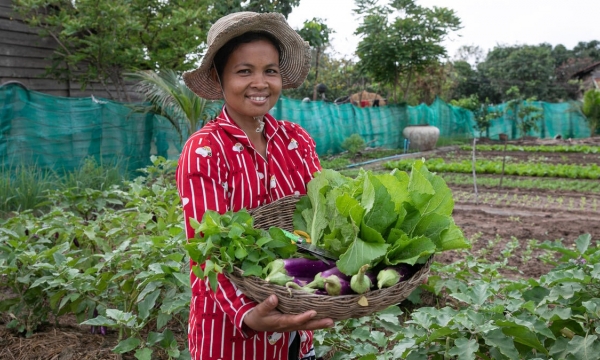
(VAN) Approved by the UN General Assembly, it will increase awareness of the crucial role women farmers play in agrifood systems.
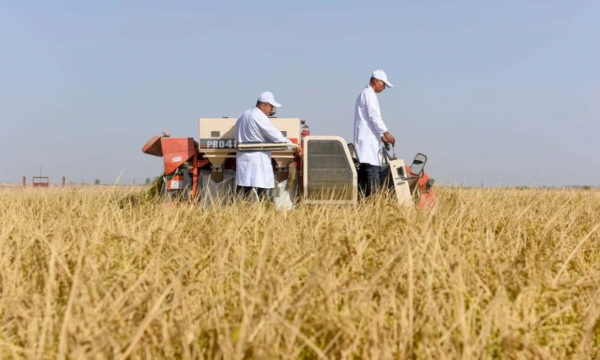
(VAN) Chinese scientists have cut the growth cycle of a conventional rice variety in half in a desert greenhouse in Xinjiang, a welcome agricultural innovation for Beijing as it seeks new methods to ensure food security.
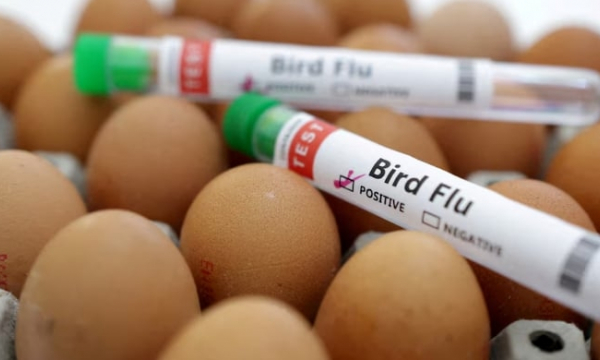
(VAN) Preliminary results of tests on additional dairy products show that pasteurization inactivates the bird flu virus, the U.S. Food and Drug Administration said on Wednesday.
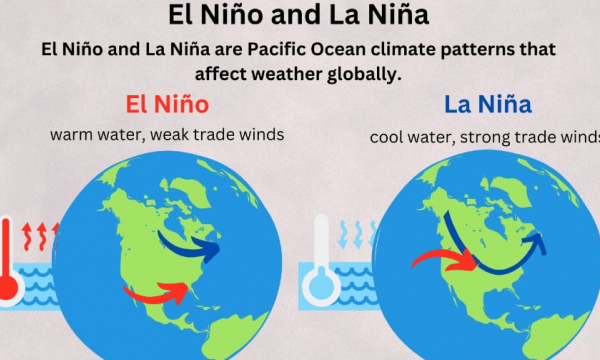
(VAN) At UNGA-ECOSOC event, FAO Deputy Director-General emphasizes the key role of anticipatory action in protecting and equipping communities ahead of shocks.
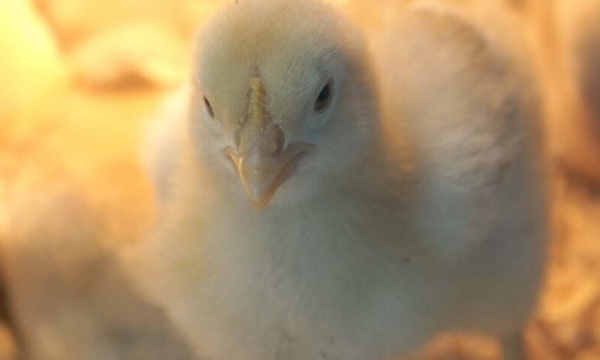
(VAN) Despite protein reduced poultry feed – better performance parameters and less burden for the environment!
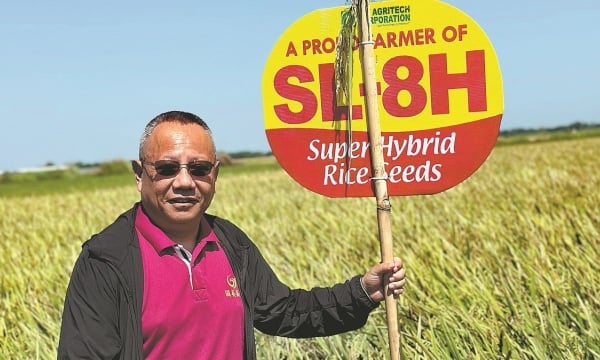
(VAN) The increased yields of a hybrid rice strain developed in China have helped countries participating in the Belt and Road Initiative to bolster their food security.